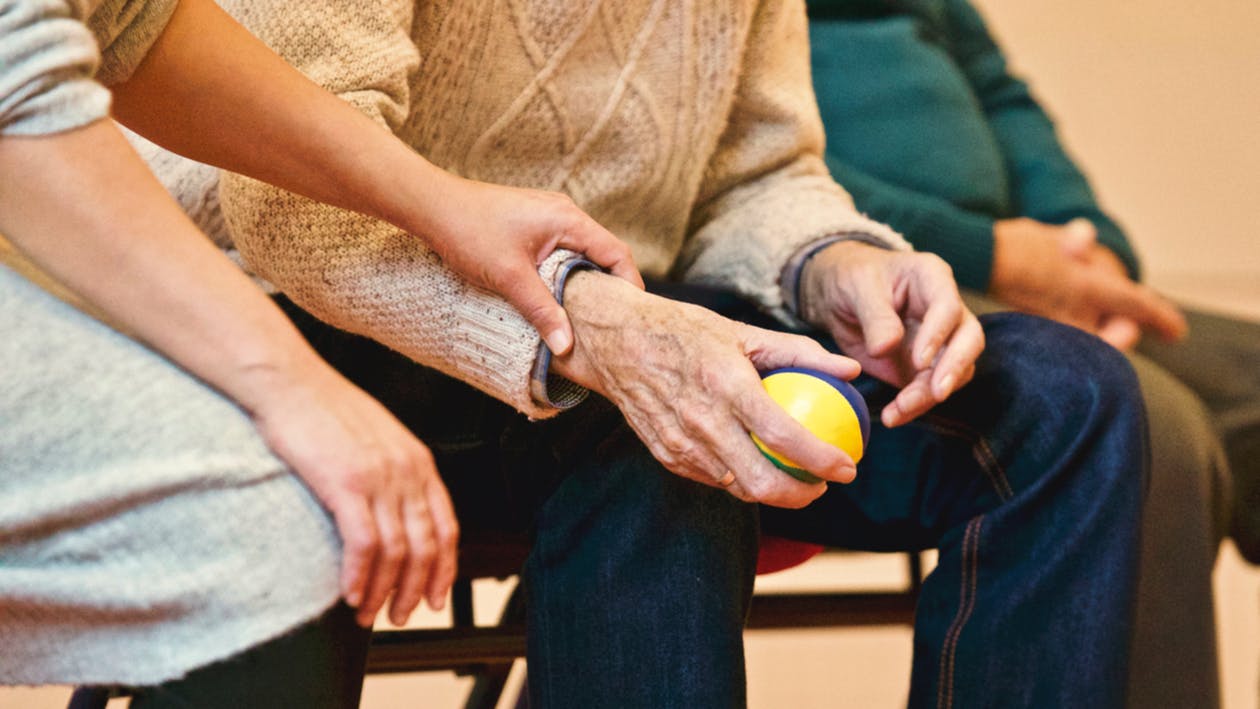How can technology tackle the challenges of an aging population?

According to the UN, the number of people over the age of 60 will more than double to 2.1 billion by 2050. Care for the elderly is a pressing issue facing the global economy. As aging populations rise, there is increasing pressure on the adult working population to support their elderly relatives whilst working and raising a family of their own.
Additionally, nursing resources and health care budgets are stretched to their limit. This has been a particularly challenging problem in France, where health care professionals have been striking over budget cuts and staff shortages, leaving hospitals facing a national crisis.
Several solutions have been put forward to help relieve some of this pressure. IZA author Carol Graham, for example, writes about the benefits of flexible retirement and late-life work: “Flexible arrangements and retirement options are a potential solution for the challenges of unemployment, aging populations, and unsustainable pension systems around the world.” In her article, Late-life work and well-being, Graham highlights the benefits to physical and mental well-being that late-life work can have on elderly citizens.
However, for elderly people who are unable to remain in the workforce due to declining health, a new experiment in France finds that there may also be technological solutions for dealing with increasing pressure on health care. Jouarre, a French nursing facility, has trialled the use of Zora—a robot companion—to test the use of robots in providing friendship for elderly patients.
Many patients developed an emotional attachment to Zora and treated the robot like a baby, cradling and talking to it. As well as being able to have conversations, Zora can play games and lead exercises for groups of patients and despite being unable to dispense medicine or change bedsheets, Zora can provide important support to nursing staff by preventing patients from feeling lonely or neglected.
Staff at the hospital even found that patients would confide in Zora health problems they were experiencing that they would not tell doctors. A female patient who had bruises on her arm after falling out of bed, shared what happened with Zora when she did not want to tell hospital staff. Marlene Simon a patient at the hospital for over a year says: “It puts some cheerfulness into our lives here […] We love her, and I miss her when I don’t see her. I actually think about her quite often.”
With an increasing gap between the number of nursing staff available and the number required, robots like Zora, may be part of the solution.
Read more articles on the aging workforce.